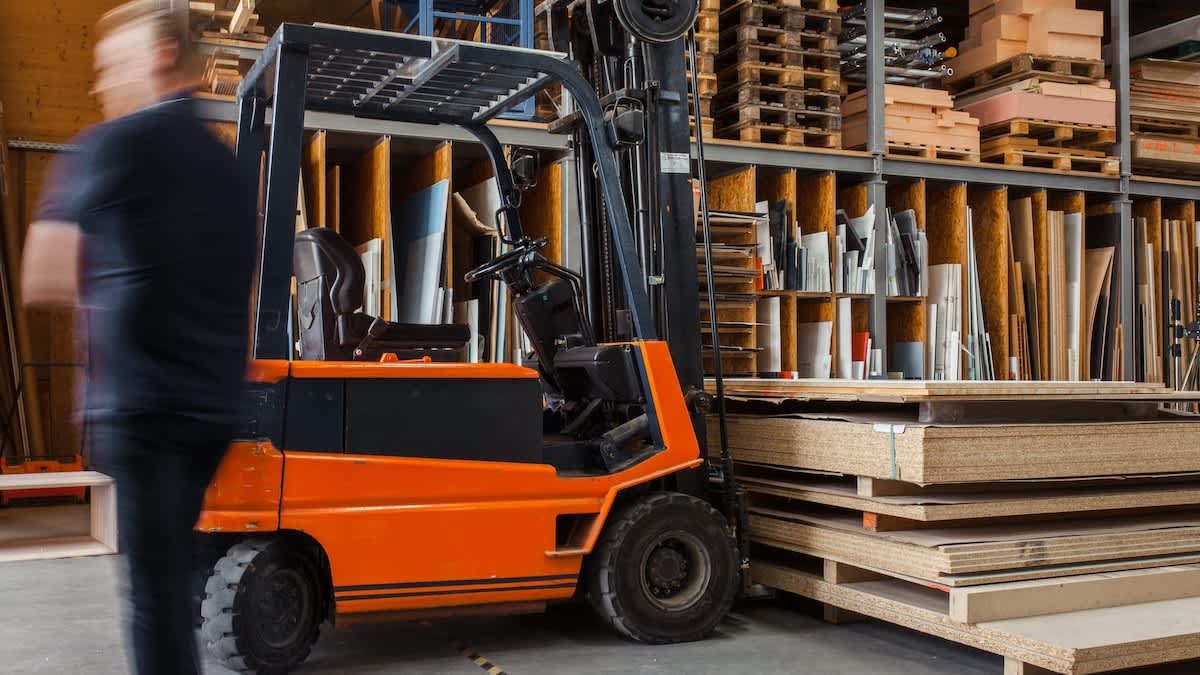Education
What capital allowances can you claim for your business?
14 Aug 2022
As a business owner, you can claim capital allowances for assets you buy and use in your business. These assets are called 'plant and machinery' and cover a range of equipment, machines and business vehicles. Capital allowances enable you to deduct part or all of the item's value from your profits before tax. Here's what to expect.

What capital allowances can I claim?
You can claim capital allowances on plant and machinery that you use in your business. In most cases, you can deduct the total cost from your pre-tax profits through your annual investments allowance (AIA).
When working out the value of an item, it's usually what you paid for it. However, if you owned the thing before you began using it in your business, or if it was a gift, you use the market value of the item – i.e. what you'd expect to sell it for.
If you're a sole trader or partner with an income of £150,000 or less per year, you might be able to use the cash basis system instead (which is simpler). Cash basis is a way to calculate your income and expenses for your sole trader/ partner tax return.
What counts as 'plant and machinery?
Plant and machinery include:
1. Items that you use in your business, such as cars and equipment
2. The costs associated with demolishing plant and machinery
3. 'Integral features of a building, including:
lifts, escalators and moving walkways
space and water heating systems
air-conditioning and air cooling systems
hot and cold water systems (but not toilet and kitchen facilities)
electrical systems, including lighting systems
external solar shading
4. Select fixtures, for example:
fitted kitchens
bathroom suites
fire alarm and CCTV systems
5. Alterations to a building are required to install other plant and machinery.
This doesn't include repairs. Limited companies can deduct repairs from their profits; sole traders or partners can claim repairs as a business expense.
You can claim these if you rent or own the building, but you have to have bought the item to claim. If you've purchased the building from a previous business owner, you can only claim for integral features and fixtures they claimed for.
You have to agree on the value of the fixtures with the seller, which also means the person selling the asset can correctly account for it.
What doesn't count as 'plant and machinery?
The following things don't count as plant and machinery; therefore, you can't claim capital allowances on them:
1. Leased items (you have to own them)
2. Items used for business entertainment alone, e.g. a karaoke machine
3. Land
4. Structures such as roads, docks or bridges
5. Buildings: doors, gates, shutters, mains, water and gas systems. (You might be able to claim structures and buildings allowance on structures and buildings.)
What else can I claim capital allowances for?
Aside from plant and machinery, you can claim capital allowances for:
1. Renovating business premises in disadvantaged parts of the UK through the Business Premises Renovation Allowance.
3. Research and development via the Research and Development Allowance.
4. 'Know-how', such as intellectual property about industrial techniques.
5. Patent rights, which are designed to protect an inventor.
6. Dredging allowances write off dredging capital expenditure incurred by a person carrying out a qualifying trade.
7. Structures/ buildings – if you build, buy or lease a structure and construction contracts were signed on or after 29 October 2018, it might be possible to claim tax relief.
Capital allowances for residential properties
If you run a furnished holiday lettings business, you might be able to claim capital allowances for items. The property you're claiming must be available for holiday letting for at least 210 days of the year and be let for 105 days or more.
You may also be able to claim for a residential property if the item is in the common parts of a residential building, such as a table in the hallway of an apartment block.
Capital expenses for care workers
There are special rules if you run a care business.
Check out this page on gov.UK to find out how to get certain payments tax-free for foster carers, adult placement carers, kinship carers and staying put carers.
What about other business costs?
Capital allowances aside, businesses incur various other expenses, such as their day-to-day running costs, items they trade to buy and sell, interest payments or finance costs for buying assets.
You can claim these as business expenses if you're a sole trader or partner. If you run a limited company, you can deduct them from your business profits as a business cost.
The rules for capital allowances can be complex: an accountant or a capital allowance specialist might be able to help you navigate them.
For more information on the rules surrounding capital allowances, visit gov.UK.
How can Funding Options help?
Funding Options helps UK firms access business finance, working directly with businesses and their trusted advisors. Funding Options can introduce applicants to several providers based on the applicants' circumstances and creditworthiness, with all quotes subject to status and income.
Our award-winning platform, Funding Cloud(™), accurately and quickly matches businesses with the right lender and finance option for their needs. From unsecured business loans to revolving credit facilities and a merchant cash advance, we work with over 120 lenders offering dozens of lending products. Apply for funding in minutes - our record from application to credit approval is just 20 seconds, and cash in the bank within as little as 18 minutes.
Apply today to get the funding you need to trade, plan and grow with confidence.
Get startedAlternative Finance
Check your eligibility with our online form without affecting your credit score.
Get alternative financeSubscribe to our newsletter today
Sign up for the best of Funding Options sent straight to your inbox.
